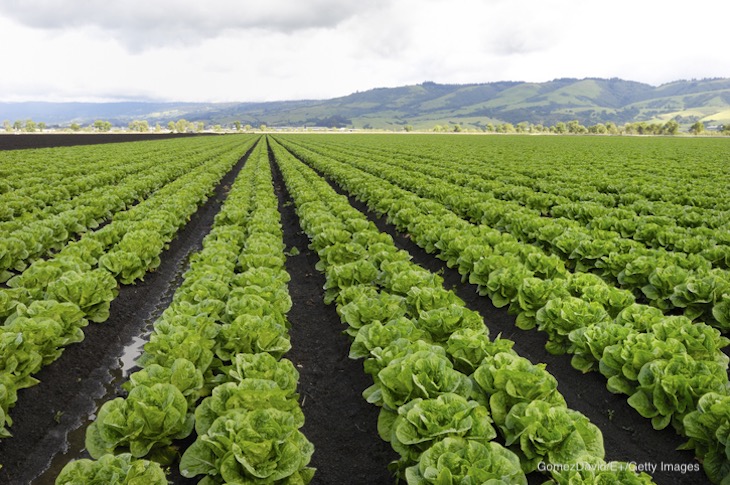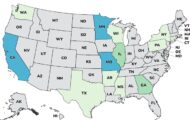There are currently two active E. coli O157:H7 outbreaks in the United States that were announced by the Centers for Disease Control and Prevention (CDC) this month. Neither has had a specific food, brand, store, or restaurant associated with it, although the FDA has hinted that one may be linked to a restaurant and one may be linked to leafy greens. How common are foodborne E. coli O157:H7 leafy green outbreaks?

The CDC has a fact sheet on leafy greens that will shed light on this question and also helps consumers protect themselves against foodborne illness linked to those products. From 2014 to 2018 there have been 51 foodborne illness outbreaks linked to leafy greens. Five of those outbreaks were publicized by the government. Two of those five outbreaks were inked to packaged salads and two to romaine; one was undetermined. Those outbreaks caused 1,406 illnesses.
But those outbreaks and illnesses are only a small portion of the illnesses caused by contaminated leafy greens, because many illnesses are not part of and outbreak. And the source is usually never identified, and most outbreaks only affect people in one state, so the federal government doesn’t get involved.
Food Poisoning Bulletin has compiled a list of the five E. coli O157:H7 leafy greens outbreaks, particularly linked to romaine lettuce, since 2017.
Consumers must rely on processors to produce leafy greens that are safe to eat, particularly since washing the greens at home will not remove al pathogens. Some bacteria can actually get inside the leaves, so washing is useless.
Leafy greens can be contaminated at any time in the farm to fork chain. Most often, they are contaminated from dirty irrigation water, animal contact, or improper handling in the field. Romaine lettuce is particularly vulnerable because of the way it grows. Its V shape holds water that may be contaminated with dangerous bacteria.
It’s important that Americans eat a varied diet, including leafy greens. If you are in a high risk group that can have serious complications from a foodborne illness infection, you may want to think about cooking greens before you eat them. Greens such as spinach, kale, and mustard greens fall into that category.

If you or a loved one have been sickened with a foodborne illness infection, please contact our experienced attorneys for help at 1-888-377-8900 or 612-338-0202.




